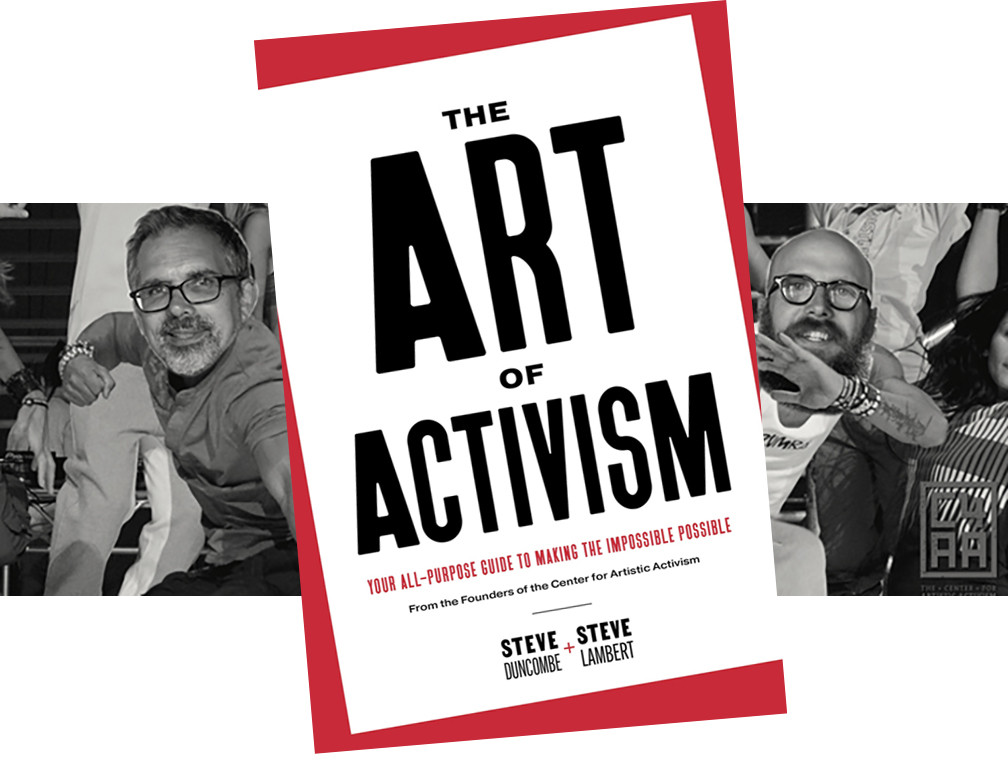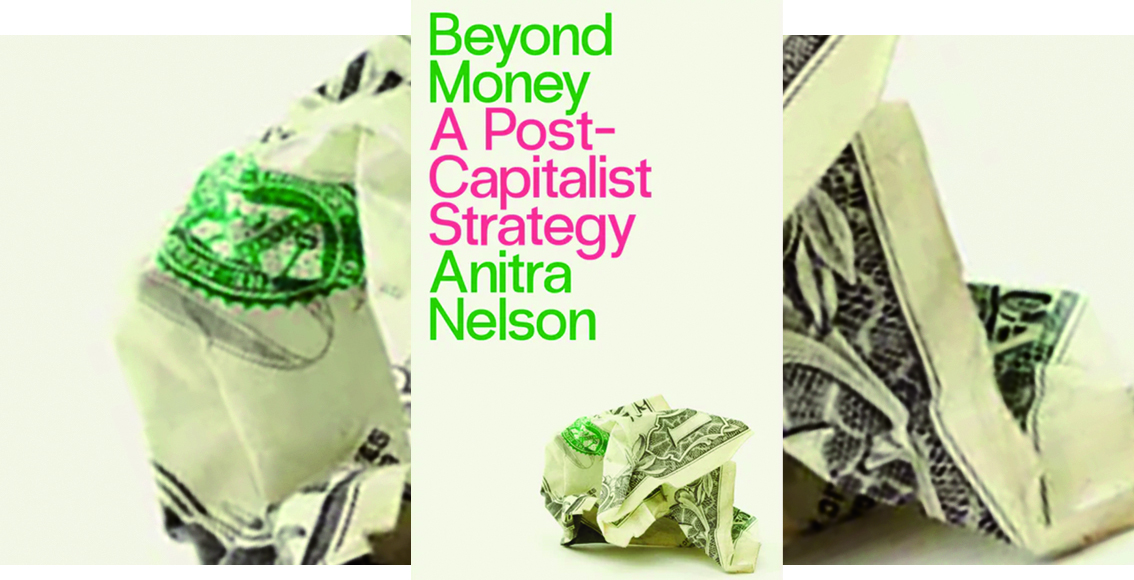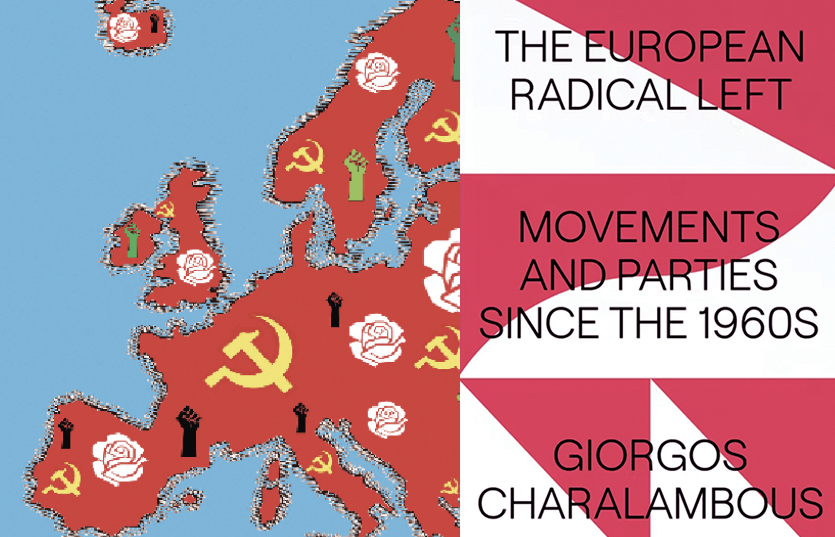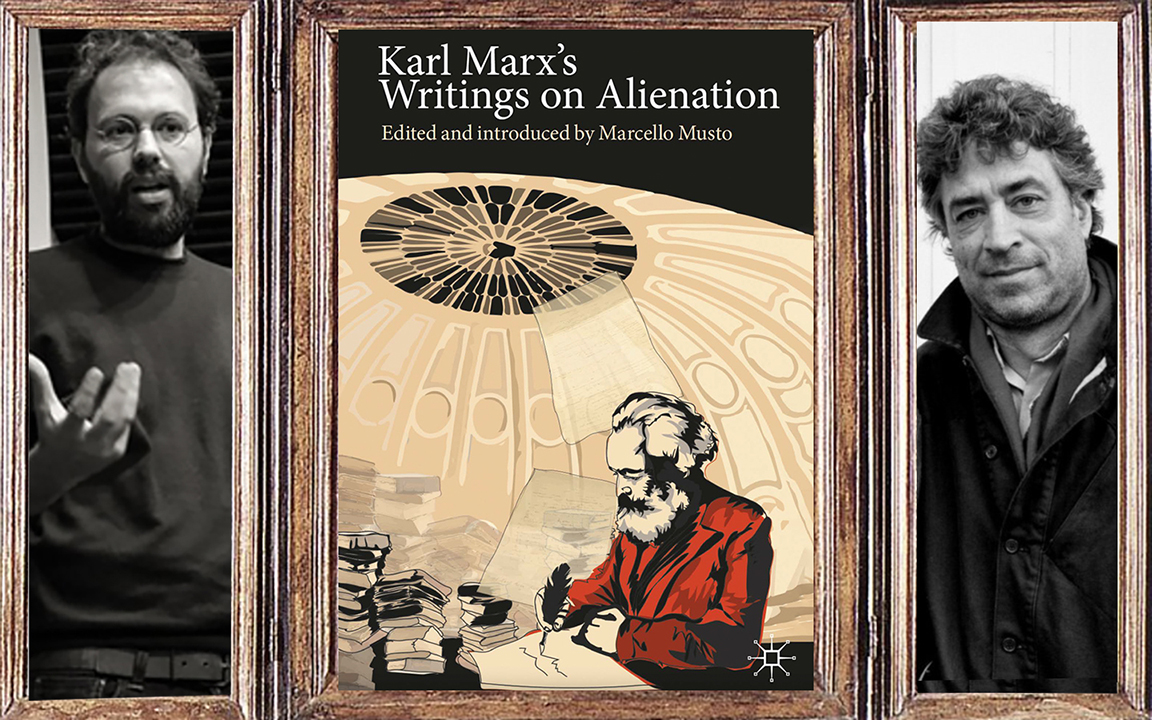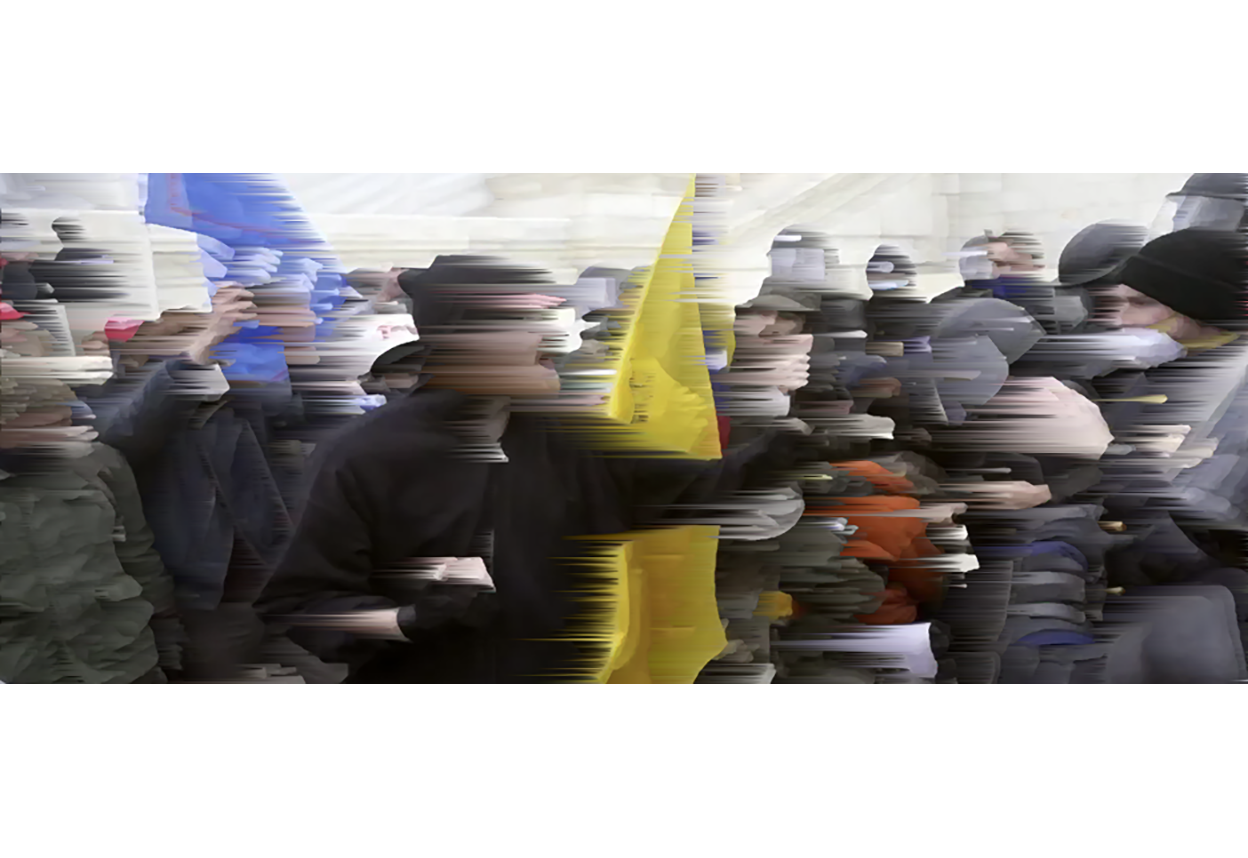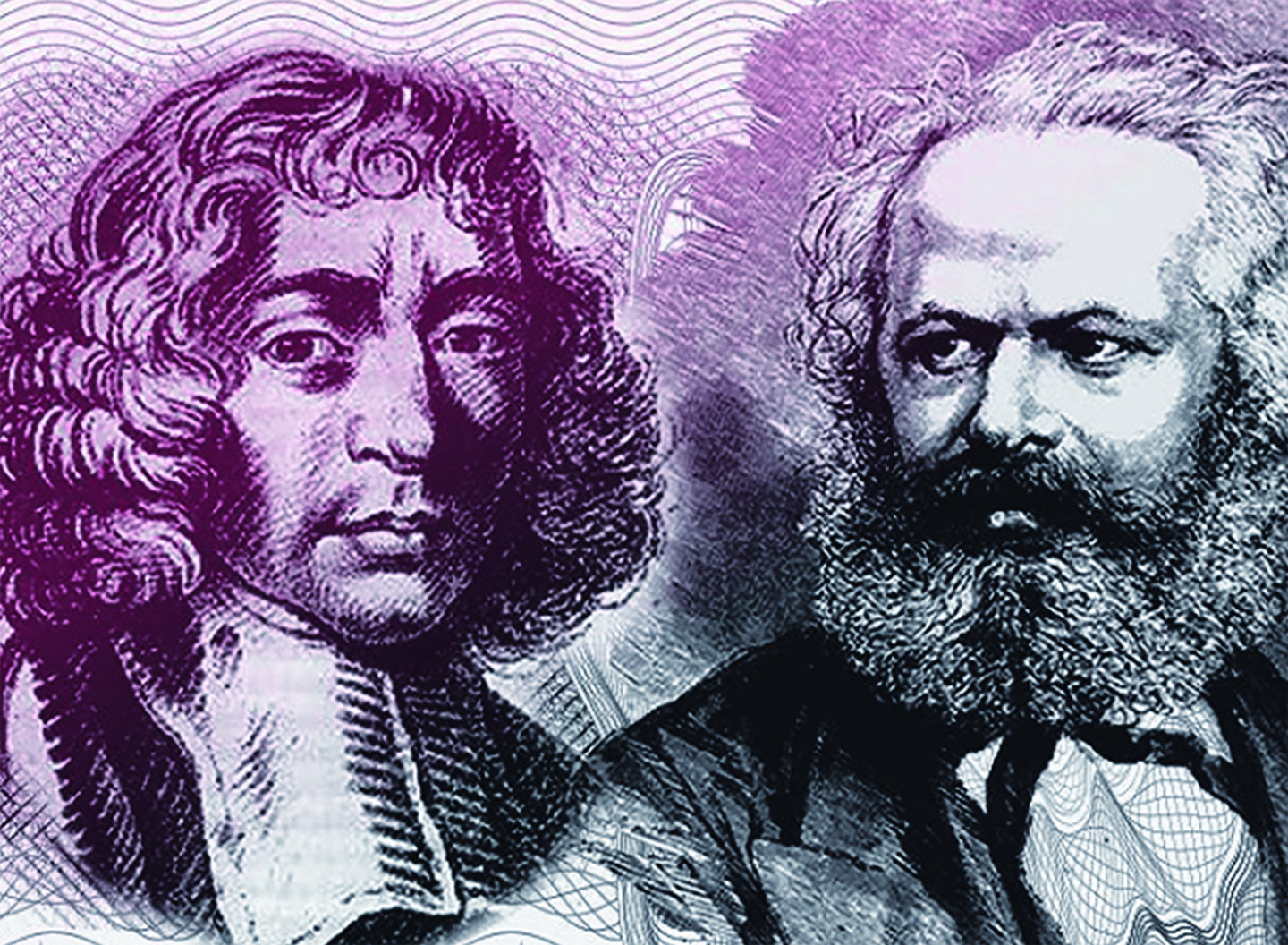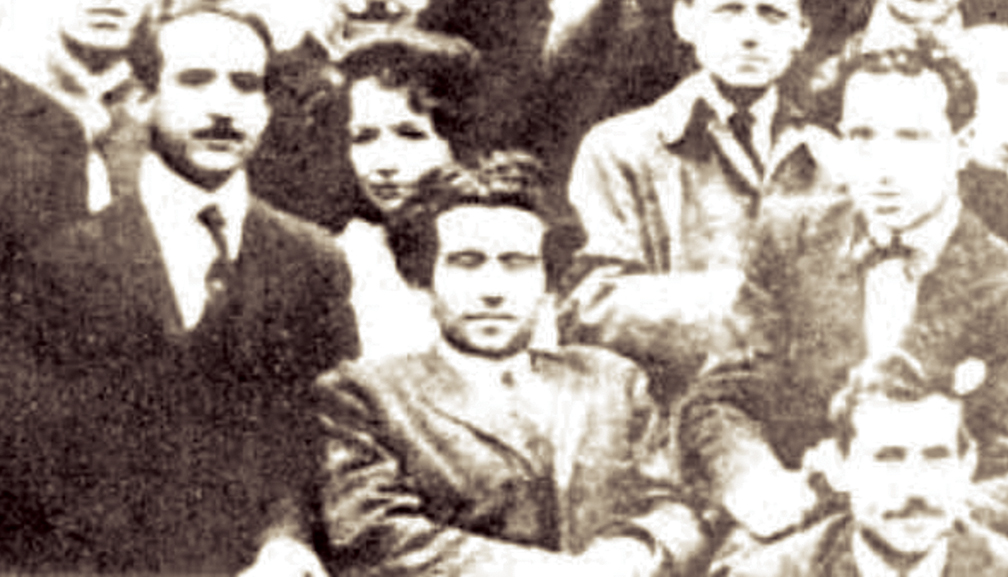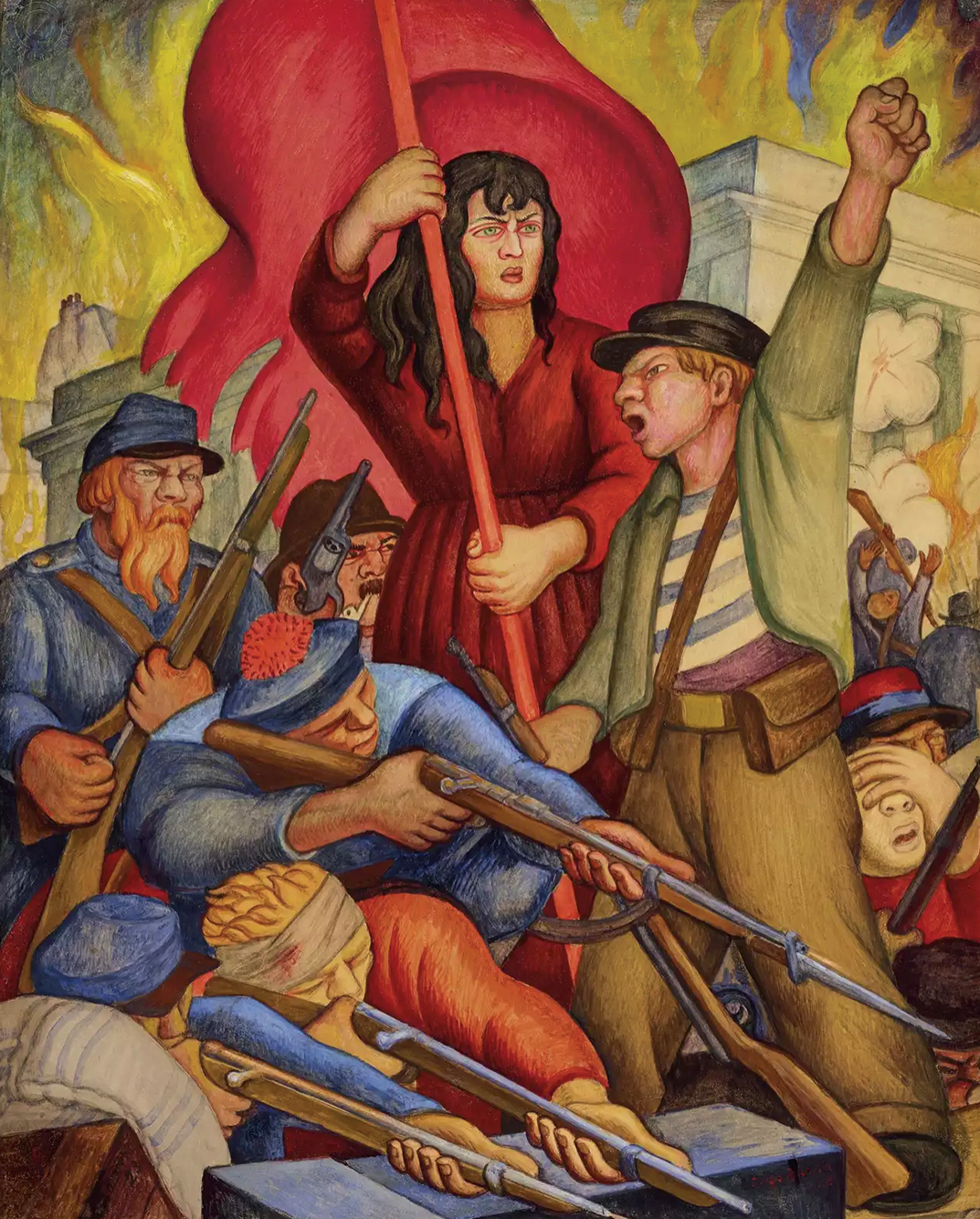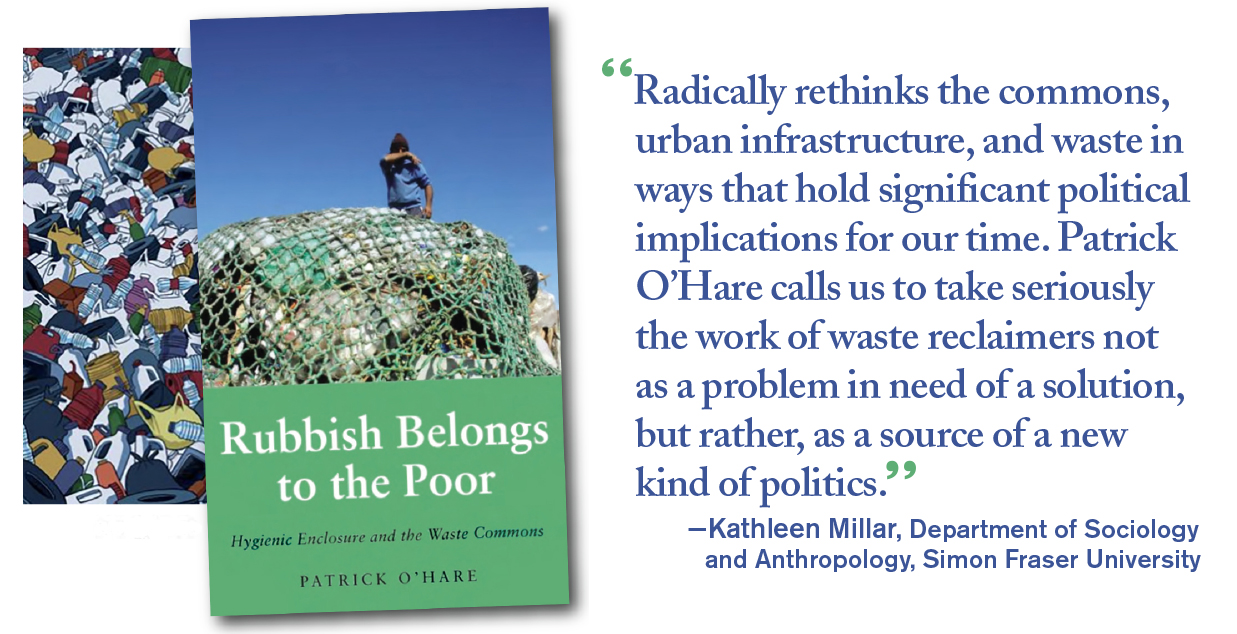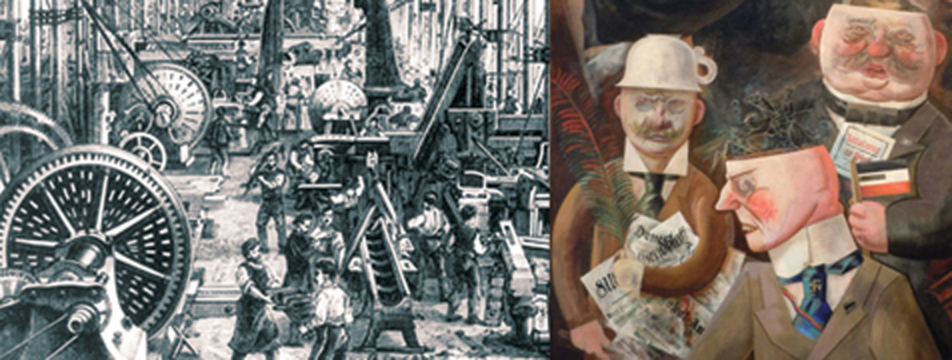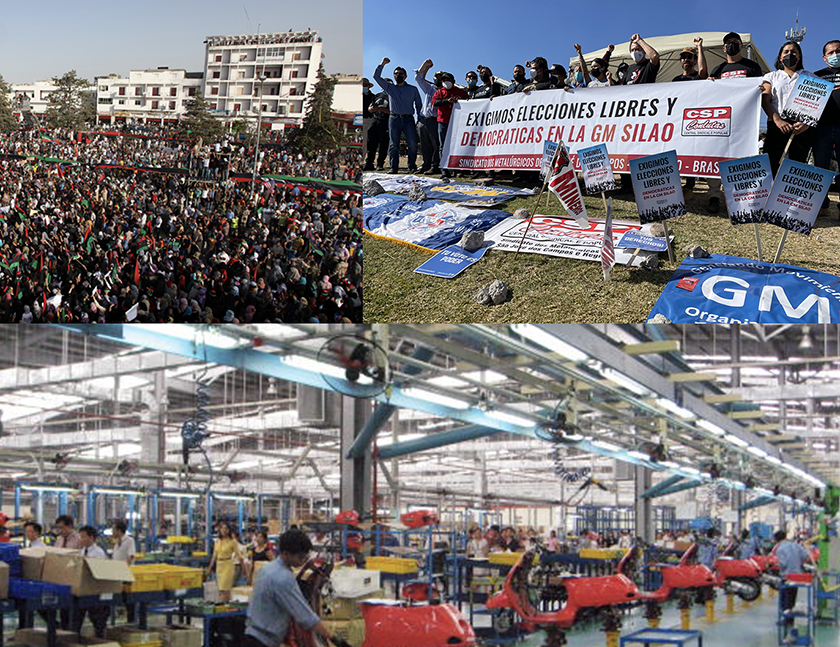The Art of Activism
THE ART OF ACTIVISM brings together the authors’ extensive practical knowledge—gleaned from over a decade’s experience training activists around the world—with theoretical insights from fields as far-ranging as cultural studies and cognitive science.
Old and New Contradictions: Opening Socialist Register 2022 Session—The Crisis of Centrism
The stage is set well for Socialist Register No. 58 in the Preface by Greg Albo and Colin Leys: “current multi-dimensional crisis, the center-right consensus that was struck around the neoliberal policy regime has been steadily splintering, with a phalanx of far right and neo-fascist groups inserting themselves into electoral politics and gaining prominence ‘in the streets’ (not least in motley demonstrations against pandemic measures of any kind, from lockdowns to masking). The observation that capitalism is always characterized by just such economic and political polarizations has preoccupied – even haunted –socialist analysis from its very origins: in Marx’s and Engels’ memorable phrase of revolutionary optimism in The Communist Manifesto, ‘the more or less open civil war, raging within existing society, up to the point where that war breaks out into open revolution, and … lays the foundation for the sway of the proletariat’. In the much picked-over chapter in Marx’s Capital on ‘The General Law of Capitalist Accumulation’, the language is just as vibrant but now stark in its imagery: ‘The greater the social wealth, the functioning capital, the extent and energy of its growth, and therefore also the greater the absolute mass of the proletariat and the productivity of itslabor, the greater is the industrial reserve army…. Accumulation of wealth at one pole is, therefore, at the same time the accumulation of misery, the torment of labor, slavery, ignorance, brutalization at the opposite pole, i.e. on the side of the class that produces its own product as capital.’
Beyond Money: A Postcapitalist Strategy with Anitra Nelson
What might a world beyond the discipline and constraints of the market look and feel like? How would it operate to meet our basic needs? Moving from production for trade (for the market) to production on demand, activist scholar Anitra Nelson advocates a community mode of production and calls on us to ‘occupy the world’. Come along to hear about and engage in this lively intervention in current debates on postcapitalist futures.
The European Radical Left: Movements and Parties Since the 1960s
With a unique 'two-level' perspective, Giorgos Charalambous approaches the left through both social movements and party politics, looking at identities, rhetoric and organization, and bringing a fresh new approach to radical history, as well as assessing challenges for both activists and scholars.
Insurrecto with author Gina Apostol in conversation with Patricia McManus
Gina Apostol’s Insurrecto is a harrowing depiction of the nearly 125-year history of U.S. intervention, occupation, and domination in the Philippines.
“Of course, as opposed to the colonizer, the world of the colonized is visibly and thus irreparably multiple – because included in the world of the colonized is the world of the colonizer.”. —“How Do We Know the Things That Make Us?”, An essay from Gina Apostol
Karl Marx’s Writings on Alienation: A discussion with Marcello Musto and Michael Hardt
The event marks the publication of “Karl Marx’s on Alienation,” edited by Marcello Musto. This is an essential volume. The introduction written by Marcello provides a guide to the concept of alienation prior to Marx, Marx's essential thought and writings over three periods of his working life. This brief quote from Volume Three of CAPITAL is one of many presented and discussed: “The realm of freedom really begins only where labor determined by necessity and external expediency ends; it lies by its very nature beyond the sphere of material production proper. Just as the savage must wrestle with nature to satisfy his needs, to maintain and reproduce his life, so must civilized man, and he must do so in all forms of society and under all possible modes of production. This realm of natural necessity expands with his development, because his needs do too; but the productive forces to satisfy these expand at the same time. Freedom, in this sphere, can consist only in this, that socialized man, the associated producers, govern the human metabolism with nature in a rational way, bringing it under their collective control instead of being dominated by it as a blind power; accomplishing it with the least expenditure of energy and in conditions most worthy and appropriate for their human nature. But this always remains a realm of necessity. The true realm of freedom, the development of human powers as an end in itself, begins beyond it, though it can only flourish with this realm of necessity as its basis. The reduction of the working day is the basic prerequisite.” —Karl Marx
Come join Michael Hardt and Marcello Musto as they discuss with each other and those present from this essential volume for study—and practice.
The Hard Right and the Political Parties of Capital
2nd in the Socialist Register 58 Series: Old Polarizations, New Contradictions: The Crisis of Centrism
BILL FLETCHER on Trump and the Danger of Right-wing Populism in the US
SAMIR GANDESHA on Identity Crisis: The Politics of False Concreteness
INGAR SOLTY on Market Polarization Means Political Polarization
Marx and Spinoza: Connections and Provocations
Readers of contemporary theory will perhaps not be surprised to see the name Spinoza paired with that of Marx. Ever since Louis Althusser argued that he, and his cowriters of Reading Capital, were Spinozists rather than structuralists, there has been an increased inquiry into the points of connection between Marx and Spinoza. It might even be possible to say that what the Hegel/Marx connection was to a previous generation, animating the writings of Adorno, Sartre, Lukacs, etc. the Marx/Spinoza connection is to a current collection of philosophers ranging from Althusser, and the members of his circle such as Étienne Balibar and Pierre Macherey, to Antonio Negri, Frédéric Lordon, Warren Montag, and Hasana Sharp.
Part One of Antonio Gramsci’s Prison Notebooks
Online: Zoom link will be provided to registered participantsThese seminars are accessible to people at all levels of familiarity with Gramsci’s work, including those just beginning their studies of Gramsci. This first session will be followed by consecutive sessions.
Soldiers of Revolution
In SOLDIERS OF REVOLUTION, historian Mark A. Lause analyzes changes in European warfare in the closing decades of the 19th century and the consequences for working-class movements. The Franco-Prussian War of 1870–71 introduced new military technologies, transformed the organization of armies, and upset the continental balance of power. The mass armies that became a new standard required mass mobilizations of working people, who exercised a new power through social democratic parties and insurgent movements.
Rubbish Belongs to the Poor
Rubbish. Waste. Trash. Whatever term you choose to describe the things we throw away, the connotations are the same; of something dirty, useless and incontrovertibly 'bad'. But does such a dismissive rendering mask a more nuanced reality? In RUBBISH BELONGS TO THE POOR Patrick O'Hare journeys to the heart of Uruguay’s waste disposal system in order to reconceptualize rubbish as a 21st century commons, at risk of enclosure.
Marx’s Grundrisse: Last two weeks until spring term
Online: Zoom link will be provided to registered participants“Forces of production and social relations – two different sides of the development of the social individual – appear to capital as mere means, and are merely means for it to produce on its limited foundation. In fact, however, they are the material conditions to blow this foundation sky-high…” —Karl Marx, The Grundrisse
After the Pandemic: Rebuilding the Medicare for All Movement
The Covid crisis drove home both the absurdity of linking healthcare to employment and the importance of treating healthcare as a decommodified public good. But the politics of the emerging post pandemic period are not conducive to big, transformative initiatives like Medicare for All.
Global Political Struggles of the Working Class
The Double Consciousness of Capital with author DAVID HARVEY
Social Sources of Political Polarization in Russia with authors ILYA MATVEEV and OLEG ZHURAVLEV
The Far Right, Corporate Power, and Social Struggles in Brazil with authors VIRGINIA FONTES, ANA GARCIA and REJANE HOEVELER
The Solutions are Already Here with author Peter Gelderloos
Across the world, grassroots networks of local communities are working to realize their visions of an alternative revolutionary response to planetary destruction, often pitted against the new megaprojects promoted by greenwashed alternative energy infrastructures and the neocolonialist, technocratic policies that are the forerunners of the Green New Deal.
Gelderloos interviews food sovereignty activists in Venezuela, Indigenous communities reforesting their lands in Brazil and anarchists fighting biofuel plantations in Indonesia, looking at the battles that have cancelled airports, stopped pipelines, and helped the most marginalized to fight borders and environmental racism, to transform their cities, to win a dignified survival.

